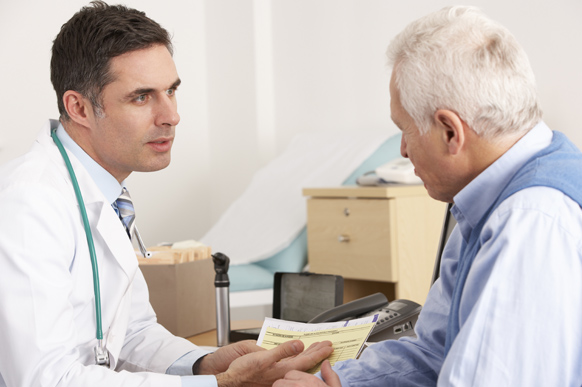Patient Education
Cancer Type
What is Radiation Therapy
Treatment Types
x
- In 2024, approximately 22,370 Americans (17,690 men and 4,680 women) will be diagnosed with esophageal cancer. Another 26,890 men and women will be diagnosed with stomach cancer. Additionally, 66,440 Americans (34,530 men and 31,910 women) will learn they have pancreatic cancer.
- Risk factors vary for each site and may include age, gender, family history, diet, activity level, alcohol consumption and tobacco use. Talk to your doctor about understanding your risk factors.
- Screening is not generally recommended for these types of cancers. However, individuals with a history of Barrett’s esophagus may have endoscopic exams with biopsies for screening.
SEARCH RTANSWERS
Doctor Search

WHAT TO EXPECT
Once a cancer diagnosis is made, you will likely talk with your primary care physician along with several cancer specialists to discuss what happens before, during and after treatment.
CLINICAL TRIALS

CLINICAL TRIALS
Cancer specialists regularly conduct studies to test new treatments. These studies are called clinical trials. Clinical trials are available through cancer doctors everywhere — not just in major cities, university centers or in large hospitals.
SIDE EFFECTS

SIDE EFFECTS
Most of the side effects of radiation therapy are limited to the area being treated. Short-term side effects are related to injury to normal rapidly dividing cells. They are usually temporary, mild and treatable.
TREATMENT TEAM

TREATMENT TEAM
While you undergo radiation therapy, a team of highly trained medical professionals will be working together to make sure you receive the best possible care.






